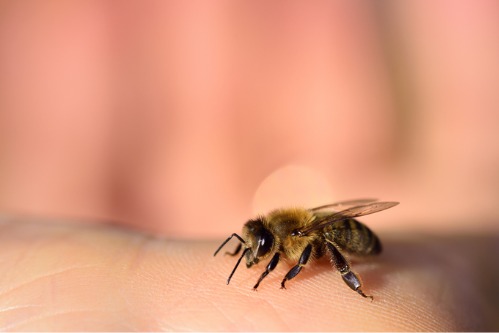
Understanding Tree Nut Allergies
Tree nut allergy is one of the eight most common food allergies. Tree nut allergies are an allergic reaction to the proteins found in tree nuts, including hazelnuts, cashews, almonds, walnuts, pecans, pistachios. It is estimated that 32 million Americans have food allergies, and according to studies published in 2018 and 2019, 6.1 million Americans were allergic to peanuts and 3.9 million were allergic to tree nuts.
How Do Tree Nuts Differ from Peanuts?
Peanuts are actually legumes, not nuts. They’re in the same plant family as other small beans like soybeans and lima beans. Tree nuts include almonds, cashews, hazelnuts, pine nuts, pistachios, and walnuts. An allergy to one tree nut doesn’t necessarily mean that the individual is allergic to all types of tree nuts. However, the individual should speak with an allergist before consuming other tree nuts.
Symptoms of a Tree Nut Allergy
The symptoms of a tree nut allergy can be difficult to spot since they’re very similar to those you would see with other types of allergies. If someone has a tree nut allergy, they might start to notice it when they eat anything containing nuts or foods that touch nuts, for example, peanut butter on bread, mayonnaise on sandwiches, or salads with walnuts.
The most common symptoms of a tree nut allergy include:
- Nausea and vomiting
- Abdominal pain and cramps
- Difficulty swallowing
- Diarrhea
- Itching or swelling of the lips, tongue, throat, skin, or other areas
- Anaphylaxis
Tree Nut Allergy Management
Tree nuts are one of the food allergens most often linked to anaphylaxis, a severe allergic reaction with symptoms that can include hives, wheezing, vomiting, rapid heartbeat, seizing, rash on the skin, trouble breathing and/or chest pain. For individuals with a tree nut allergy, you should avoid tree nuts and tree nut products. To do so, we recommend making it a habit of carefully reading ingredient labels to ensure you avoid any potential allergens. Individuals at risk of having severe allergic reactions, such as anaphylaxis, may be prescribed an epinephrine auto-injector (epi-pen) and should carry it with them at all times for immediate treatment.
Get Allergy Tested at Northeast Allergy
With the help of an allergist, your symptoms can usually be minimized or prevented with major improvement in quality of life. The first thing an allergist will want to do is perform tests to determine what allergens are involved. Once your allergist has a deeper understanding of which allergens are causing your symptoms, they will develop an individualized treatment plan for your condition with the goal of minimizing your symptoms.
At Northeast Allergy, Asthma & Immunology, we can discover hidden allergens and provide additional treatments, including immunotherapy, to help you feel your best. Contact us today to schedule your appointment.



